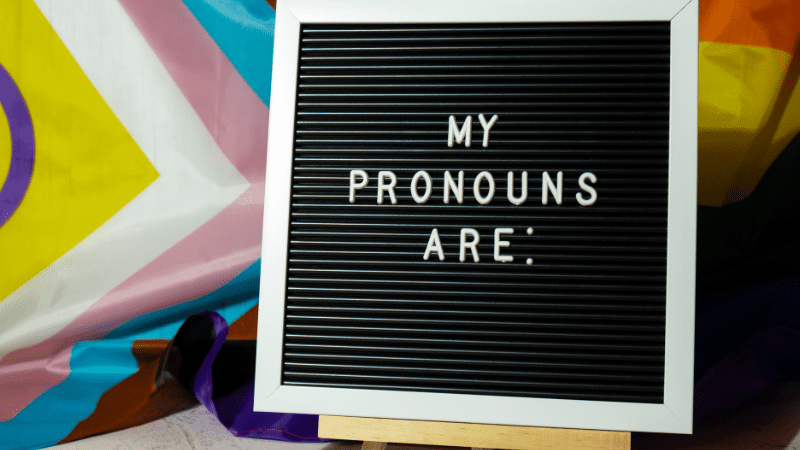This article originally appeared in the National Post.
By Eric Kaufmann, February 21, 2024
The Canadian public opposes the woke position on both transgender issues and the national past. In fact, there is virtually no difference between Americans, Britons and Canadians, Anglophones or Francophones, on culture war issues. These are the findings of my new Macdonald-Laurier Institute report, The Politics of the Culture Wars in Contemporary Canada.
The results surprised me. Having conducted similar surveys in the United States in 2021 and the United Kingdom in 2022, I was expecting to find the answer to why Canada has charted an internationally-distinctive policy direction on race and gender. While Britain legislated against people being allowed to readily change their sex on their birth certificate, shut down its main gender surgery clinic and conducted a review into sex education in schools, Canada and its provinces have permitted radical teachers, medics and diversity trainers to operate unopposed.
Where American red states have banned critical race theory and British and French leaders put a swift stop to statue-toppling, Canadian politicians have either applauded or looked the other way. In Parliament, they unanimously recognized the lexical nonsense that the country’s residential schools perpetrated genocide. They have also failed to contest the fiction that 215 Indigenous children are buried in a mass grave and have said next to nothing about the scandalous burning of 100 churches.
When New Brunswick Premier Blaine Higgs put his head above the parapet to legislate against schools being permitted to transition children without informing parents, a significant section of his party opposed him while much of the media howled. His bravery paved the way for moderate announcements by the premiers of Saskatchewan and Alberta, but only recently has Pierre Poillievre been willing to speak against gender ideology. By contrast, Doug Ford in Ontario continues to act as a progressive rule-taker when it comes to critical race and gender ideology in the public sector.
Is this because such a stand would be unpopular? Hardly. In Doug Ford’s Ontario, for instance, I find a 56-31 slant in favour of teachers being required to inform parents of children 16 or under if they change their pronouns at school. Among Tory voters from Ontario, it’s 72-11. On transgender women (biological males) entering women’s sports, those numbers are 50-27 and 71-14. On banning gender surgery for minors, 60-18 and 78-10. Yet Ford remains silent.
Or consider the critical race ideology taught in schools and diversity training classes like the one that preceded the suicide of Toronto principal Richard Bilkszto. He questioned the trainer’s assertion that the country was more racist than the U.S., but no one backed him up. This happened despite the fact that, by 70-30, more Canadians dispute than agree with the idea that their country is racist. By 95-5, they oppose the idea it is more racist than other countries, and they lean a whopping 92-8 against separating children by race into privileged and oppressed. However, in contrast to Britain, France or the United States, no notable Canadian politician has dared to contest the teaching of critical race theory.
The narrative of genocidal, settler-colonial, white supremacist Canada continues unabated, along with delusions about mass graves and the guilt-driven “reconciliation” paradigm in Indigenous policy which, in addition to sapping First Nations’ sense of agency, is likely to result in serious material consequences for rural Canadians. Again, it’s crickets from the political class and legacy media.
Where Canadians differ most from their Anglosphere counterparts is in their high trust in media, with conservative Canadians two to three times more trusting than conservative Americans and Britons. Since most Canadians glean their information from progressive media and politicians, this helps account for why 60 per cent of Canadians believe the falsehood that “215 Indigenous residential school children were buried in a mass grave on school grounds in Kamloops, B.C.” with just 15 per cent disagreeing. By a 41-35 ratio, Canadians believe that Indigenous people “lived in peace and harmony prior to the European settlement of Canada.” Even those with no investment in Canadian history should worry about this erosion of what Jonathan Rauch of the Brookings Institute terms our “truth-based order.”
Canada’s Conservatives face an open electoral goal, with the public yearning for leadership on cultural issues. Only time will tell if the Tories possess the courage to challenge the progressive institutional norms that are dividing the country and threatening our truth-based democracy.
Eric Kaufmann is a professor of politics at the University of Buckingham, and a senior fellow at the Macdonald-Laurier Institute.






